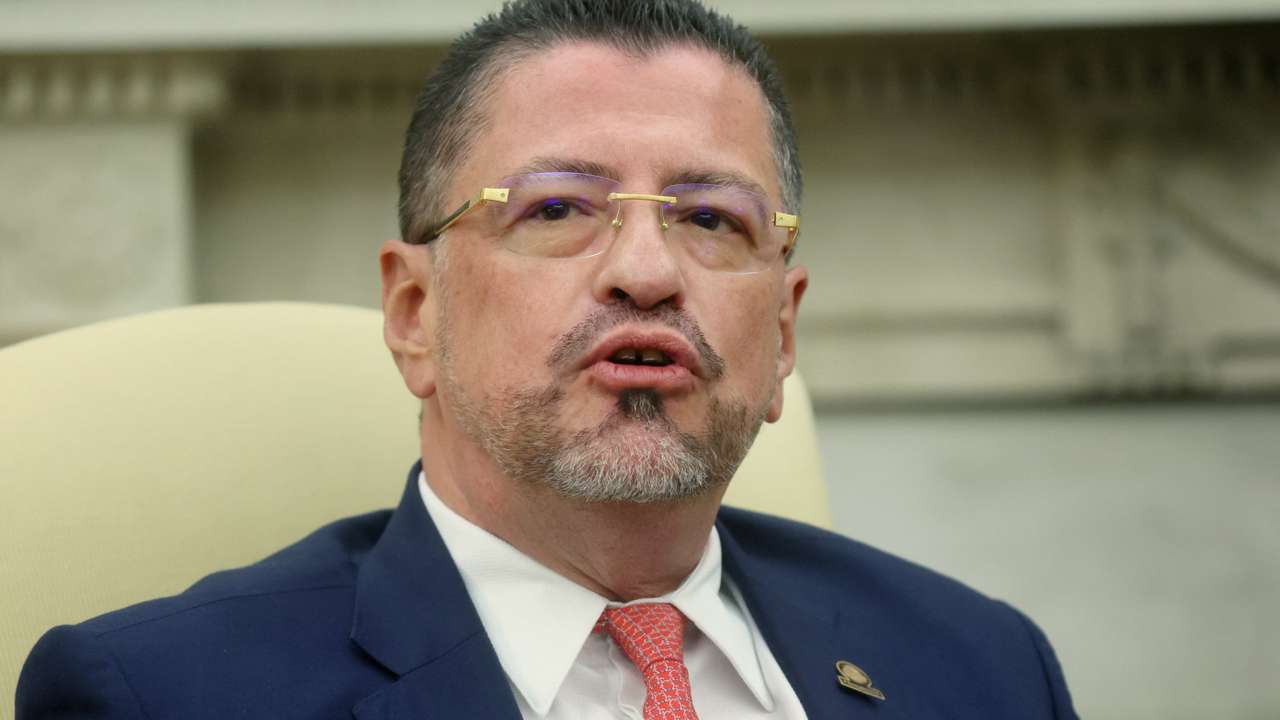Costa Rica Roundup: Farms threaten wildlife, safeguarding coral reefs, tourism spikes

Tourism sector faces competitiveness challenges
Costa Rica’s tourism sector is witnessing modest growth despite significant competitiveness challenges, as reported by the Costa Rican Tourism Institute (ICT). In April 2025, international arrivals rose by 4.6%, yet concerns persist over exchange rate issues, higher costs, inadequate infrastructure, and public safety. Tourism Minister William Rodríguez anticipates an overall growth of 2-4% for the year, while industry leaders advocate for changes to stabilise the economy and improve safety, highlighting the need for structural reforms.
Costa Rica’s farms threaten wildlife
Costa Rica has one of the world’s highest per capita pesticide use. Banana and pineapple farming uses large amounts of chemicals like mancozeb, chlorothalonil, paraquat, and glyphosate—all to maximise production, with little regard for the negative impacts. In the Central Pacific coastal area, palm oil plantations—many replacing former banana farms—dominate the landscape. Palm oil, found in products from peanut butter to shampoo, requires clearing all vegetation, destroying biodiversity in the process.
Legislation to protect marine ecosystems
Independent Congresswoman Kattia Cambronero has introduced a bill aimed at safeguarding Costa Rica’s coral reefs and seagrass beds, addressing threats from pollution and climate change. The bill mandates the creation of a national marine wetlands inventory and establishes protocols for restoration projects. While aiming to enhance marine biodiversity, the legislation is seen as a necessary step amidst challenges, including recent coastal laws that could harm marine ecosystems.
Threat of parasites to howler monkeys
Research by the Awá Science and Conservation Association has linked a bot fly larvae outbreak in howler monkeys to tourism and land use changes in Costa Rica. The findings indicate that habitat disruption from tourism activities is weakening the immune systems of these monkeys, making them more vulnerable to infestations. The study calls for non-chemical solutions and highlights the need for continuous monitoring to protect these species and their ecosystems.
Road blockades amid Chiquita strike
Panamanian President José Raúl Mulino is demanding the end of road blockades set by unions representing workers of Chiquita Brands, who are striking over recent layoffs and pension reforms. With 5,000 workers dismissed and significant operational losses incurred, the president’s stance is that the blockades must be lifted permanently to progress with legislative solutions. The situation has led to limited access to crucial supplies in the affected region of Bocas del Toro, exacerbating tensions between unions and the government.